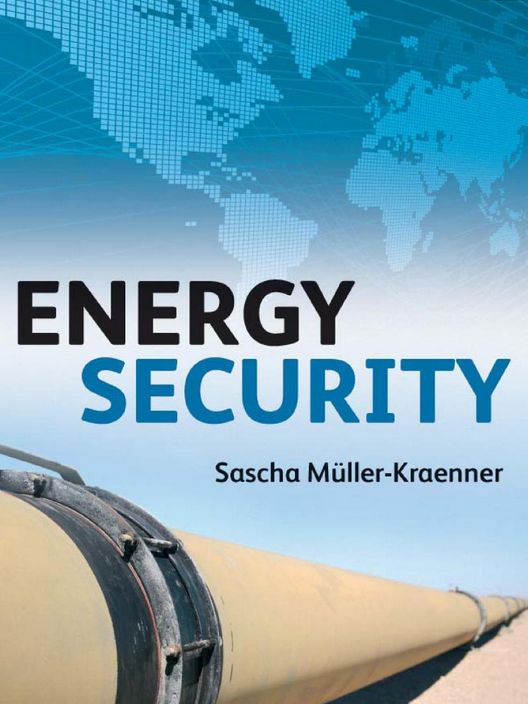Nach Kopenhagen – Europas Klimadiplomatie vor dem Neuanfang
- Publication
- Citation
Müller-Kraenner, Sascha 2010: "Nach Kopenhagen – Europas Klimadiplomatie vor dem Neuanfang", in: Heike Leitschuh Günter Altner, Gerd Michelsen, Udo E. Simonis, Ernst U. von Weizsäcker (Ed.): Jahrbuch Ökologie 2011: Die Klima-Manipulateure - Rettet uns Politik oder Geo-Engineering? Stuttgart: S. Hirzel Verlag, 94-101.
"Nobody wanted anything from Europe, nobody needed to negotiate with Europe." This is how Sascha Müller-Kraenner summarizes the role of the European Union at the Copenhagen climate summit. In his article "After Copenhagen – A new start for Europe's climate diplomacy," published in "Jahrbuch Ökologie 2011," Ecologic Institute's advisor and co-founder analyzes the new distribution of power at international climate negotiations.
He draws the following picture: on the one hand, there are the USA and China, reluctant to make any political concessions, and on the other hand there is the European Union, leading the way only morally but not practically.
But what are the reasons for the European Union’s lack of assertiveness? "Europe's strength is its weakness at the same time," Müller-Kraenner states. The comparatively low European emissions prevent negotiations at eye level with climate offenders like the USA or China. Credible and effective climate policies seem to take on increasing insignificance during negotiations.
Besides this dilemma, the uncoordinated behavior of the EU member states poses a major problem. In order to prevail against global powers, collective and determined action is crucial. According to Müller-Kraenner, the opposite predominates: "uncoordinated diplomacy with third countries," internal arguments, and insufficient agreements are typical of European negotiations.
Finally, Müller-Kraenner highlights possible ways to change the EU's position: Europe needs to demonstrate that it can achieve environmental goals independently; additionally, a focus on developing and emerging countries is necessary.
Combining progressive climate policies "at home" and a reliable support for other countries that are also concerned about environmental protection is the solution that would enable the needed reorientation and strengthening of the European position at international climate negotiations.
Sascha Müller-Kraenner is one of the founders and a Partner of Ecologic Institute, Berlin and Vice-Chairman of the Ecologic Institute in Washington, DC. He frequently publishes on international relations, European integration, environmental diplomacy, and the United Nation's climate change treaty.
This article has been published in "Jahrbuch Ökologie 2011: Die Klima-Manipulateure" and can be purchased in the print edition (in German only).

